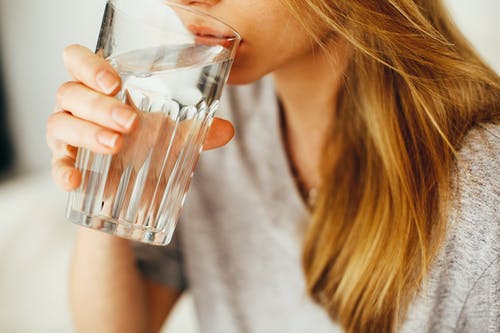What is the Most Effective Way of Removing Chloramine from Water?
What is Chloramine?
Chloramine or chlorine is a treatment method for most of the delivered tap water in America. Similar to chlorine, chloramine is a disinfectant suitable for killing harmful germs and improving drinking water quality. Chloramine is ideal for breaking down cell walls and killing microorganisms such as bacteria, protozoans, and viruses. These microorganisms are too tiny for the filtration process; hence, a chemical method is necessary for handling them. Killing microorganisms prevent diseases such as typhoid, hepatitis, cholera, and diarrhea.
Is Chloramine Safe?
The Environmental Protection Agency (EPA) strictly regulates the concentration of added chemicals. Although using chemical disinfectants below the EPA limit can cause more harm than good, some “negligible” potential risks need to be discussed.
The main concern about using chloramine in disinfecting drinking water is its side effect on human health. Although the effects of chloramine may be negligible for people with excellent health, people with respiratory issues may suffer severe damage and even have an increased risk of asthma. Chloramine reacts with air to produce a harmful vapor that can cause irreparable damage, especially when someone with a defective respiratory system breathes in the vapor.
Another downside to the use of chloramine is that it changes water properties. For water supply delivered through copper or lead pipes, chloramine can set off harmful and heavy metals into the water.
Waterdrop Reverse Osmosis Water Filtration System
This filtration method is the most effective to remove Chloramine from Water; it uses a high tech system to treat water. Reverse osmosis filtration has a filter with pores as tiny as 0.0001-micron; this pore size is ideal for removing even the most microscopic contaminants and allowing only water to pass through. The reverse osmosis filtration method is applicable in filtering all forms of contaminants, including chloramine.
Ultra-filtration System: This method is ideal for removing chloramine in the water. It features a 0.01-micron ultra-filtration membrane to remove tiny contaminants. The ultra-filtration system provides a double layer of protection for removing chloramine effectively when combined with an activated carbon filter. Although the ultra-filtration system is not as effective as Reverse Osmosis, it is a cheaper and efficient alternative for filtering chloramine.
Carbon Filtration: This method is very efficient in absorbing contaminants such as chloramine from water. When water passes through a carbon filter, chloramine is removed by clinging to the surface of the filter. For a more efficient filtration, use a carbon filter with a large contact surface.
Catalytic Carbon: This method effectively removes contaminants by employing catalytic carbon, which is a type of activated carbon. Usually, catalytic carbon comes with a whole-house filter system; this system is especially suitable for preliminary filtration.
There are different filtration methods for removing chloramine from water.
Read Also: What is the Best Way to Remove Chloramine from Water?
Frequently Asked Questions
Can Boiling Water Remove Chloramine?
Boiling water can only remove chloramine partially. When boiling water, there will be a continuous release of chloramine gas into the air. The boiling process requires more time to convert all the chloramine to gas.
Can Chloramine Evaporate from Water?
Chloramine is more potent than chlorine and thus, has a longer reaction time. Therefore, in contrast to chlorine, chloramine does not evaporate from the water. The best way of removing chloramine is by using a custom-made filter.
In Conclusion
Although most people neglect the effects of chloramine in public water, it is a component that can cause severe consequences. Effects of chloramine include skin allergies and respiratory issues. Due to these dangerous effects, it is best to completely remove chloramine from drinking or showering water using the right filter. Your health is paramount, therefore, protect it always.

